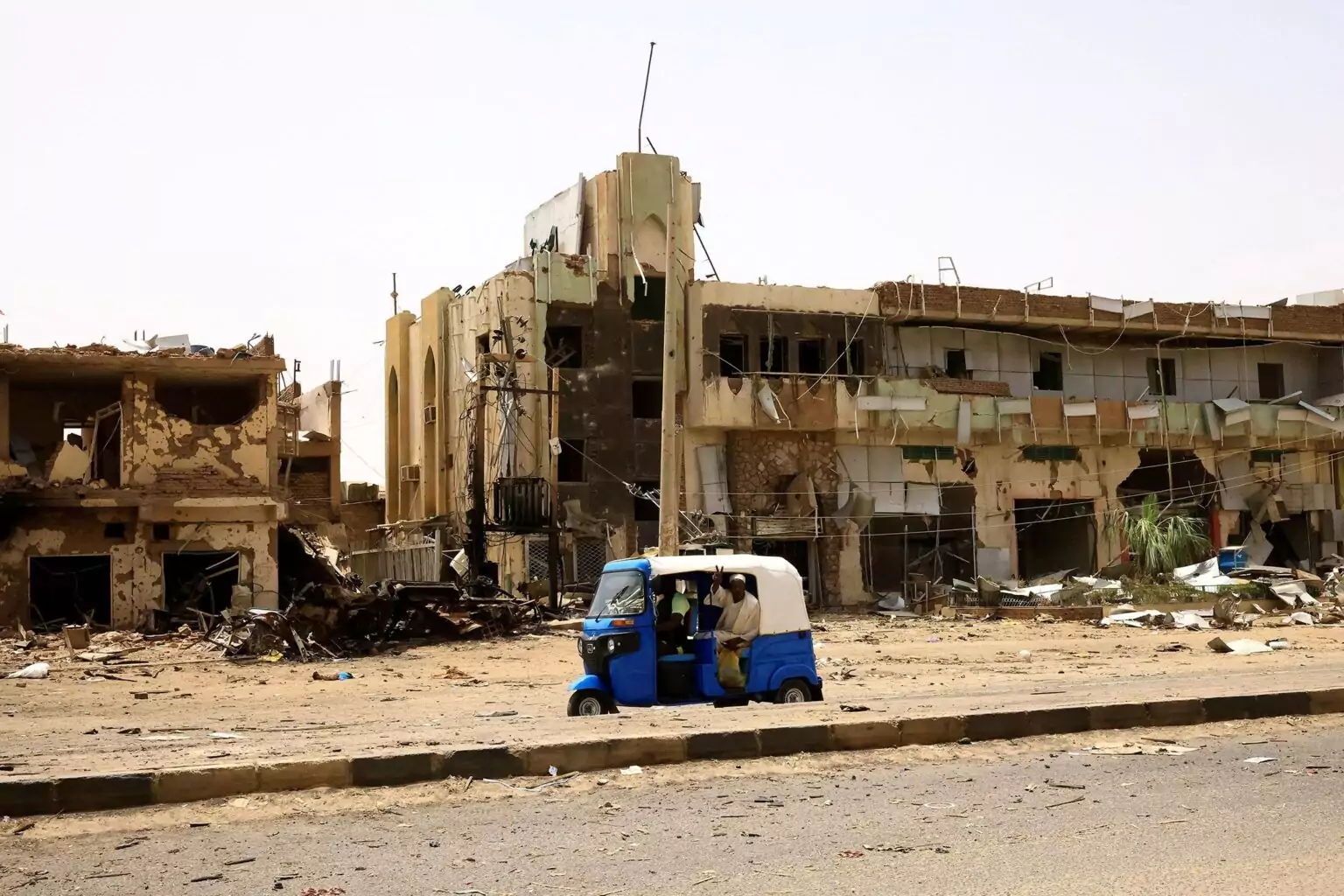
Facilitating Civilian Contribution to Political Dialogue Process in Sudan

This project by Conflict Dynamics International (CDI) is deploying the Ushahidi platform to gather perspectives and insights from Sudanese civilians on Sudan’s political transition. Under this collaboration between CDI and Ushahidi, several surveys on topics related to peace negotiations and political dialogues, humanitarian access, participation and inclusivity, etc will be carried out. The regular monitoring of the context will help in determining the survey topics. The insights/perspectives gathered from the civilians will inform the peace and political dialogue process and hence contribute to a process that is inclusive and owned by the Sudanese.
The transition from conflict to peace has been marred by ongoing political instability, with a particular focus on the role of the military, governance structures, and inclusivity in the peace process. This pilot project led by Conflict Dynamics International (CDI) has leveraged the Ushahidi platform to facilitate civilian participation in the political dialogue process. The primary goal is to gather civilian perspectives, enabling a more inclusive dialogue process that reflects the diverse needs and concerns of Sudan’s population. This case study explores the insights and findings gained from listening to the voices of Sudan civilians on their collective aspirations for the country’s future political structure.
At the time of conducting the first survey, it had been just over 500 days since war broke out in April 2023. The conflict is primarily between the Sudanese Armed Forces (SAF) and the Rapid Support Forces (RSF); since the outbreak of the conflict, several other armed groups which had declared neutrality have since joined the conflict, supporting either of the two primary warring parties. To date, over 20,000 people have been killed, and more than 10 million have been displaced – according to the UN. The crisis has been worsened by floods, which occurred in the last week of August. A dam was raptured in the eastern city of Port Sudan — wrecking 20 neighboring villages and leaving at least 30 people dead and hundreds more believed to be missing. Undoubtedly, this is evolving into one of the world's most devastating humanitarian crises.
During the pilot survey carried out in July-August 2024, civilians across various demographics highlighted the necessity of an inclusive, accountable, and just peace process that clearly delineates the role of the military in governance and politics and allows for the inclusion of marginalized voices. The transition from conflict to peace has been marred by ongoing political instability, with a particular focus on the role of the military, governance structures, and inclusivity in the peace process.

Survey Insights
The survey uncovered differing insights among Sudanese leaders and civil forces, particularly surrounding the military’s role in post-war governance and the nature of Sudan’s future political structure. While there was broad consensus on the importance of these issues, respondents from different demographic backgrounds (gender, age, level of education, employment status) displayed varying degrees of concern.
- Gender Differences: Men tended to focus on the structural aspects of post-conflict governance, such as security and governance restructuring, while women placed more emphasis on humanitarian concerns and inclusivity.

- Age Differences: Younger respondents were more inclined to prioritize ceasefire agreements and inclusive governance, reflecting their desire for swift and all-inclusive peace solutions. Older respondents, while also concerned with these issues, showed more focus on justice and accountability.

The survey results also highlighted critical issues surrounding the political dialogue, including:
The Role of the Military in Post-War Sudan
One of the most contentious points among Sudanese civilians was the role of the military in the post-conflict period. The survey revealed widespread apprehension about how the military should be restructured or integrated into a civilian-led government. This concern was particularly strong among women, who expressed skepticism on the military’s commitments to ideals of participatory and inclusive governance.
Transition to Peace and Stability
Civilians, particularly younger and middle-aged respondents, strongly advocated for establishing a transitional government. This reflects a broader demand for a structured and clear pathway from conflict to peace. The transition, they argued, should be rooted in a system of governance that reduces the military's role in governance and politics and allows for the inclusion of marginalized voices.
Inclusivity in the Peace Process
Across all demographics, respondents called for a more inclusive peace process that involves not only political elites but also women, youth, and marginalized groups. Female respondents, in particular, stressed the need for gender perspectives to be integrated into peace agreements, advocating for the protection of women and children during and after the conflict.
Accountability and Justice
A significant number of respondents underscored the need for accountability mechanisms that would hold accountable individuals responsible for perpetuating the conflict. Justice was seen as a cornerstone for sustainable peace, particularly among educated respondents and women.
The International Community’s Role
Civilians expressed clear expectations from the international community, calling for increased diplomatic pressure on Sudan’s military leaders to end the fighting and more robust mediation efforts. Many respondents supported sanctions and international intervention as means of ensuring compliance with peace agreements.
Help us spread the word by sharing this report with your colleagues, friends, and community. The findings and insights in the evidence published below are critical to driving meaningful change, and your voice can help amplify this impact. We also encourage all Sudan civilians - at home and in the diaspora to participate in Survey 2. Let your perspective be heard—because together, we can build a better future!
97
Respondents
32
Average Age of Respondents
Published Evidence
- [Arabic] Audio Summary of Report 1- Pilot Project Leveraging Ushahidi to Facilitate Civilian Contribution to Political Dialogue Process in Sudan
Conflict Dynamics International (CDI) and Ushahidi
- [Arabic] Report 1- Pilot Project Leveraging Ushahidi to Facilitate Civilian Contribution to Political Dialogue Process in Sudan
Conflict Dynamics International (CDI) and Ushahidi
- [English] Report I - Pilot Project Leveraging Ushahidi to Facilitate Civilian Contribution to Political Dialogue Process in Sudan
Conflict Dynamics International (CDI) and Ushahidi